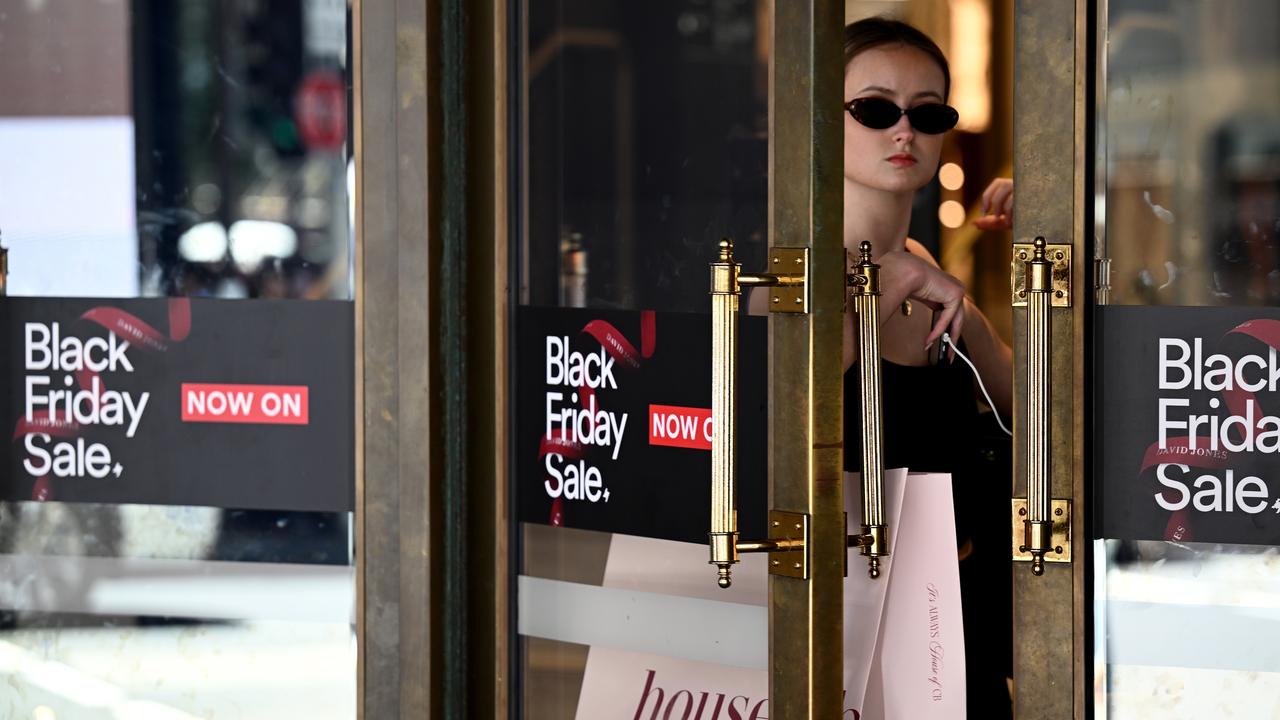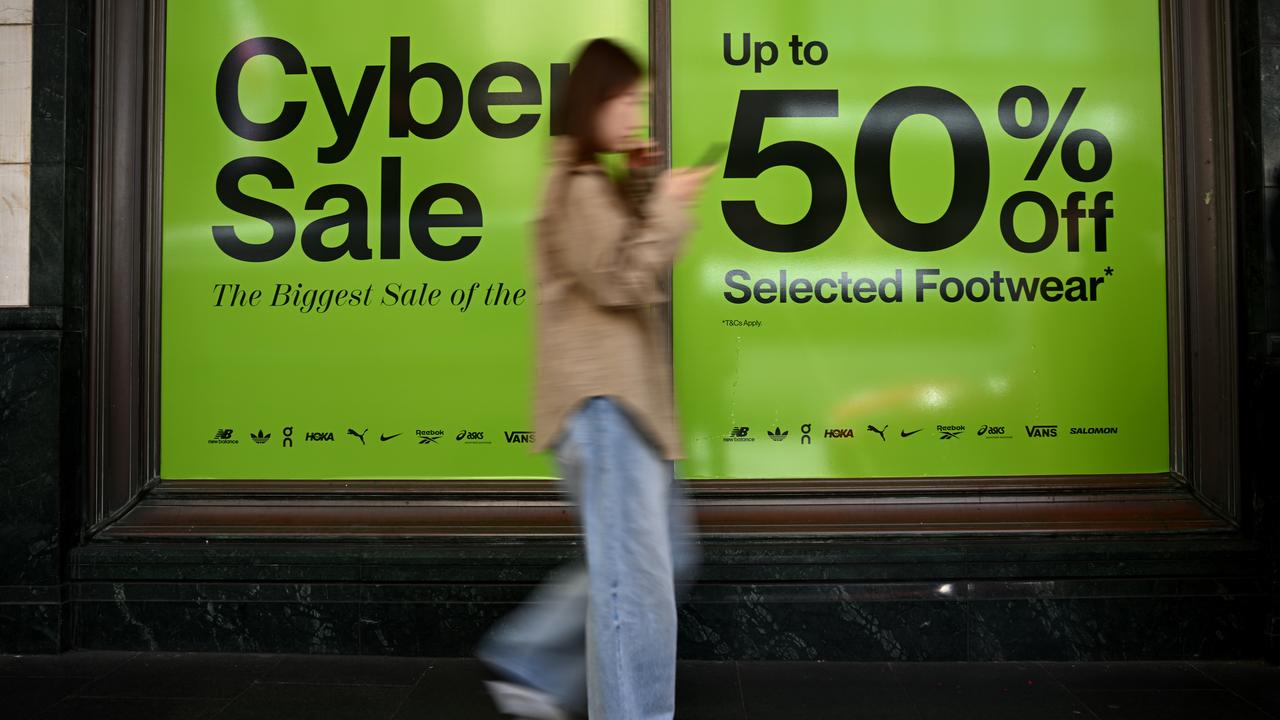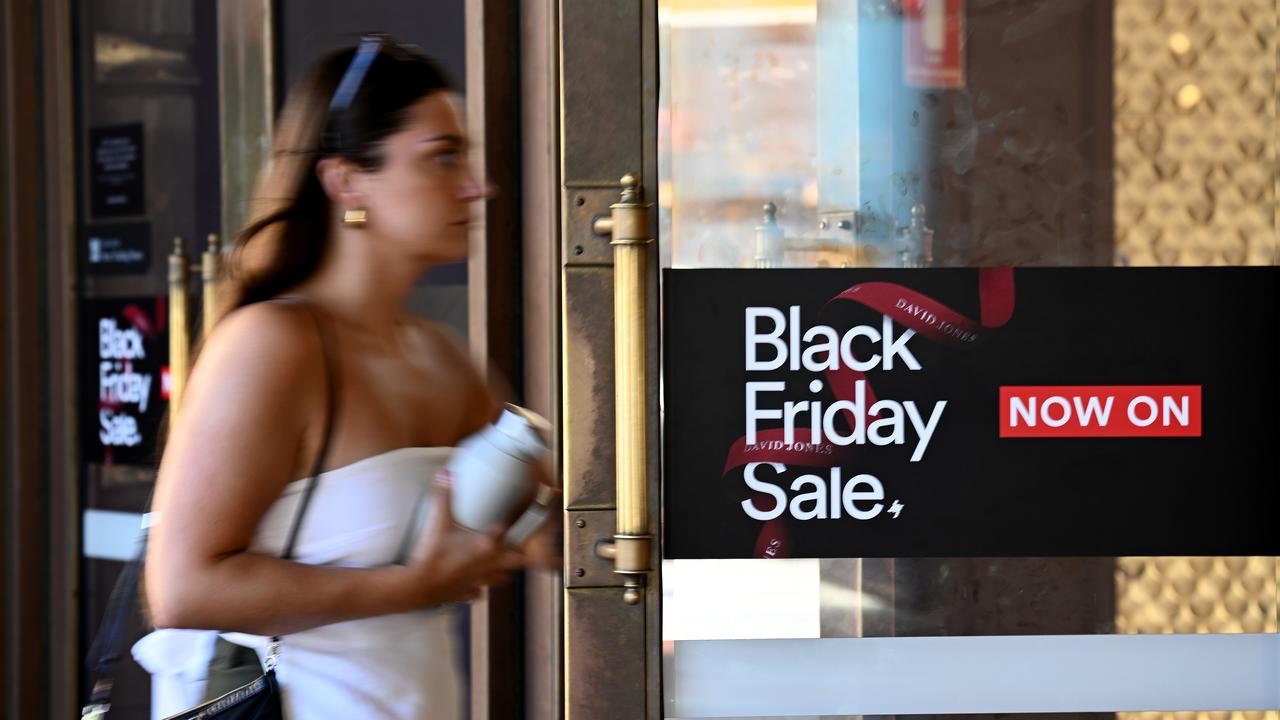Australian shoppers and retailers are leveraging technology more than ever in the hunt to close deals this Black Friday, but so too are scammers.
More than one-in-three bargain hunters were using chatbots, video assistants, or AI-generated buying guides to find deals, compare products and make purchase decisions, according to digital outsourcing specialist TP Australia.
Likewise, retailers were increasingly leveraging technology to provide perks like 24/7 support, instant refunds, same day delivery and live updates.
“The Black Friday sales period is a finite bubble tied to a time span, so if they don’t make use of that period, then they don’t get the sale,” Sarah Rugnath, strategy director at consulting group TP Australia, told AAP.
“Putting systems in place frees up staff who ought to focus on customers in the store and prioritise them, and let technology handle some of the more routine, mundane tasks.”
While retailers woo punters for their share of an expected $6.8 billion in sales over the weekend – according to Roy Morgan and Australian Retailers Association forecasts – scammers are casting their nets to capture some of the windfall.
“It’s an ever-evolving environment,” ANZ scams lead Marc Broome told AAP.
“We do actually see some scams almost mutate over time as we put controls in place to try to protect consumers.”
Australians’ online scam losses in November nearly doubled to $600,000 in 2024, according to Scamwatch.
The racket was ultimately a numbers game, Mr Broome said, with criminals targeting victims with fake websites, scam advertisements on social media, and phishing emails.
“There’s a scam for everybody,” he said.
“The scammers just basically send out hundreds of thousands of lures, and they see who they can get in.”

Consumers should be wary of dodgy URLs, deals that look too good to be true and escalating requests for personal data, Mr Broome said.
Fake websites were becoming tougher for people to detect and fake ads were increasingly finding their way onto social media platforms or into search engine results.
Instagram and Facebook owner Meta projected roughly 10 per cent of its 2024 revenue – about US$16 billion ($A24.5 billion) – came from scam advertisements, Reuters reports.
While the scale and sophistication of online fraud was growing, financial institutions were getting better at detecting and blocking dodgy transactions.
“We’re really gearing up for the next 24 to 48 hours,” Mr Broome said.
“Hopefully, we’re able to detect as many of those fraudulent or scam-related payments as we possibly can.”

Meanwhile, two in five Australians planning to shop the sales will do so without a budget, according to Canstar.
The financial comparison site’s data insights director Sally Tindall urged restraint, especially when shopping with credit.
“Remember, an impressive-sounding discount doesn’t automatically make the purchase a good deal,” she said.
“Check to see if you can find the item cheaper elsewhere, but then go on to ask two of the most important questions. One: do I need it? And two: can I afford it?”
Australian Associated Press is the beating heart of Australian news. AAP is Australia’s only independent national newswire and has been delivering accurate, reliable and fast news content to the media industry, government and corporate sector for 85 years. We keep Australia informed.





